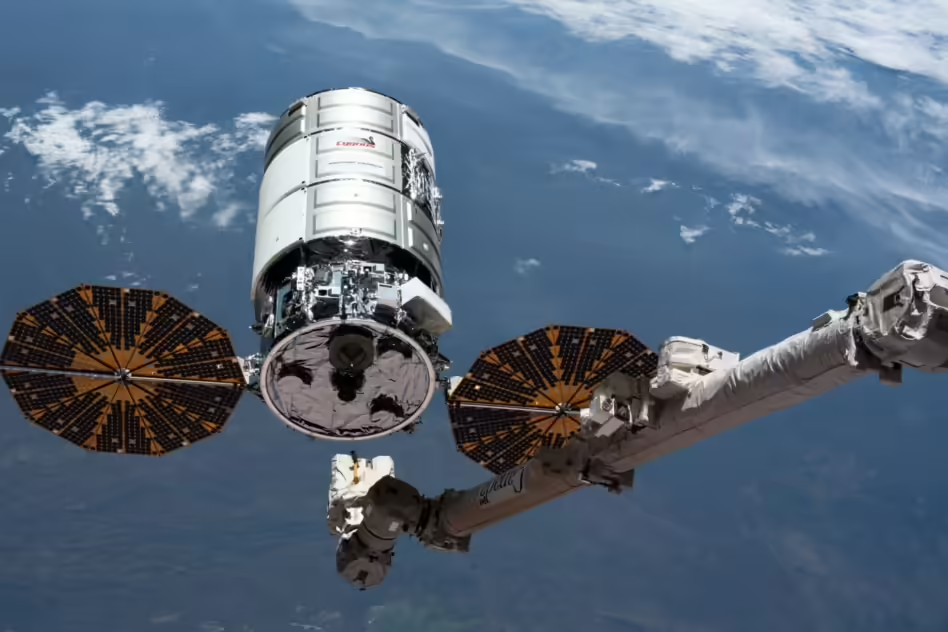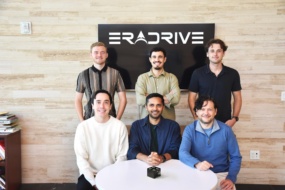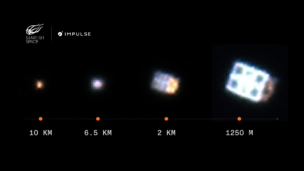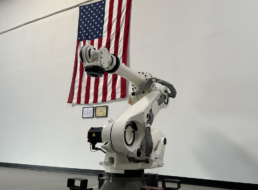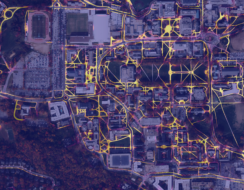Arrow Science and Technology has had a busy summer.
The TX-based native-American owned space manufacturing and services company has spent over a decade slowly building its space expertise, and now it’s paying off in a big way.
Three makes a trend: In May, the company signed an agreement with NASA that allows it to build NASA-designed ISS components, including docking tech and spacewalk mobility aids, and sell them to companies building commercial space stations in LEO.
In August, the company revealed its acquisition of XTERRA, a provider of flight-proven satellite deployment systems.
Then, not three weeks later, the company announced it had been selected as a provider for NASA’s Venture-Class Acquisition of Dedicated and Rideshare (VADR) contract, one of only three companies selected to the contract in 2024 that could be worth $300M.
Early days: This isn’t the first time Arrow has seen a rapid expansion of its business and technical capabilities. The company’s history is peppered with moments of bold expansion into bigger and bigger projects.
Arrow began as a technical services company providing support on missions such as Cygnus flights to resupply the ISS, back when the program was being developed by Orbital Sciences. As CEO Jim Baker explained, one day he was asked if Arrow could manufacture parts, and after doing some risk analysis—of course—he jumped at the opportunity.
The move into manufacturing meant the company had to rapidly increase its physical footprint. It moved from a 5,000-sq-ft facility to a space 5x the size. It purchased larger machines, and began manufacturing ground support equipment.
After demonstrating their technical capabilities, Arrow’s manufacturing team was given the go-ahead to begin manufacturing flight hardware, which brought Arrow into contact with Marcia Hodge and Mark Rowley, who would later drive the hectic summer that’s just passed.
Non-compete: At the time, Hodge and Rowley were working at Nanoracks, which was deploying CubeSats and smallsats on orbit, while Arrow manufactured parts.
“Fast forward a couple years, we had an opportunity here at Arrow to bring both Mark Rowley and Marcia on board, and it really was kind of the genesis of our space logistics division, which became our third division: technical services, manufacturing, and now space logistics,” Baker said.
Since joining Arrow in 2022, Hodge (now the company’s VP of space logistics) and Rowley (VP of product development) have made a sizable impact. They were instrumental in the decision to acquire XTERRA and in the effort to win the VADR contract.
Arrow will provide mission integration for customers on board upcoming SpaceX rideshare missions, including Bandwagon-2, Bandwagon-5, and Transporter-15.
While its space logistics division is young, Arrow has set its sights on some of the largest mission integrators in the world, with the goal of offering full-service domestic mission integration to compete directly with companies like Exolaunch.
“Adding the XTERRA line of deployers, we’re becoming more and more in a position to say ‘We can give you the same services you would get from a non-US integrator that has everything to offer when it comes to mission integration. You now have that solution domestically here, without your export control issues’,” Baker said.
